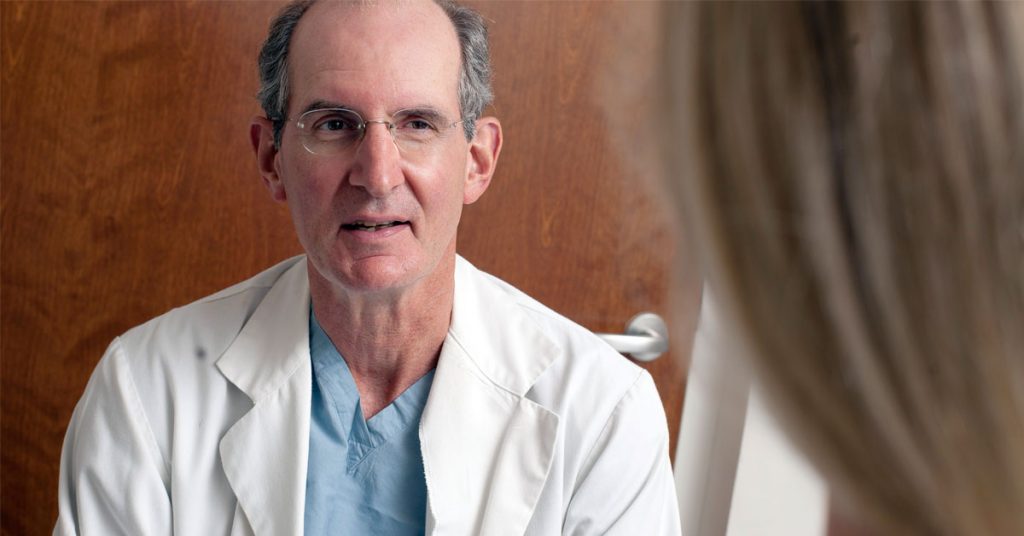Updated June 2020
For many patients considering facial rejuvenation, finding and consulting with the best facelift surgeon in Chicago or anywhere can be a bit intimidating. One of the steps I suggest my patients take prior to their consultations is to create a list of questions to ask me. By making a list, you don’t have to worry about remembering the questions.
Patients have questions that are unique to their situations, but there are some that I hear often. Below, I’ve listed 5 of the most common questions and have provided answers. Again, these questions offer a good starting point, but they aren’t meant to be an exhaustive list.
At what age should you get a facelift?
Age is less of a factor in determining whether a facelift is appropriate than the characteristics of a patient’s skin and his or her goals. I’ve performed facelifts for patients in their late 20s who have lost significant weight. That said, most facelift patients are in their 40s, 50s, or 60s. With the increasing number of nonsurgical facial rejuvenation options available, some patients are finding that they can delay surgery for a few years or extend the results from an older facelift. Knowing if someone can benefit from a facelift always requires a physical exam to assess the skin’s tone and elasticity.
How long does your face feel tight after a facelift?
The results of facelift surgery tend to appear tighter in the first few weeks after the procedure. Most patients notice their face begins to gradually “relax” as time passes, although a patient’s age and genetic makeup influence the final outcome. Modern facelift techniques also minimize the stretched appearance once associated with facelifts because the procedure focuses more on lifting the underlying tissue and muscle than on simply stretching the skin. Most patients will see the final “relaxed” results about 6 weeks after surgery.
How many years younger can a facelift make you look?
As you may guess, the answer to this question varies with each patient and is really just an estimate. Surgeons often say that a reasonable goal for facelift surgery is to have the patient appear 10 years younger. In fact, it can be helpful for patients to bring in photographs showing them 10 years earlier to help surgeons plan the procedure. The best outcome is one that doesn’t change the way patients look but makes them look like younger versions of themselves. You can see some of our patients’ real-world results in our facelift before-and-after photos.
How long after a facelift can I go out in public?
One of the primary concerns of many facelift patients is knowing they can go out in public without having to answer questions about their appearance. Most of the swelling and bruising that typically follow facelift surgery usually take about 10 days to diminish. Most patients can return to work at that point. Others choose to wait a few more days, depending on their comfort level. The final results of a facelift often don’t show up for about 4 to 6 weeks, so if you’re planning to attend an important social event — a wedding or class reunion, for example — it’s best to plan a facelift at least 2 months before the event. You can find out more about the physical and social recovery process for a facelift in this related blog post.
I’ve heard that it can be difficult to move your neck after a facelift. What can I expect?
Some patients experience tightness in their necks for about 2 weeks following facelift surgery. It can take up to 6 weeks for the tight feeling to completely subside, which may be disconcerting. Even though some neck tightness is expected, it is very unusual to be truly limited when trying to move your neck after a facelift. If that occurs, or the symptoms don’t improve, don’t hesitate to contact your doctor.
If you’re curious about other questions that facelift patients ask, I recommend visiting the RealSelf website, a forum where people considering cosmetic and reconstructive surgery can have their questions answered by board-certified specialists.
And if you’re ready to explore your facelift options, feel free to request a consultation using the online form. Or call my Chicago office at (312) 788-2560 to schedule an appointment.



Leave a Reply